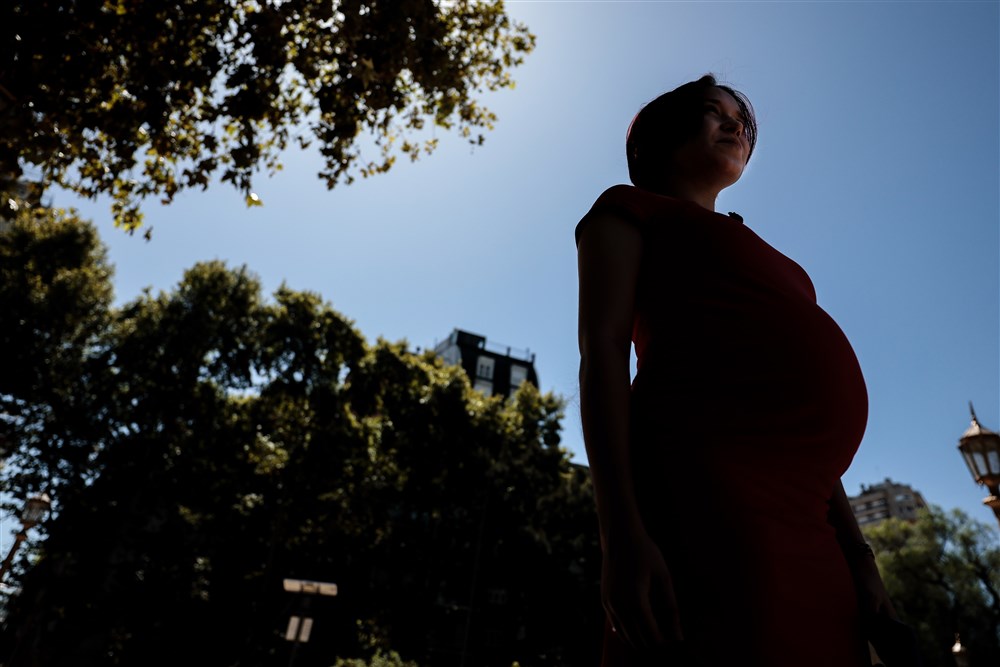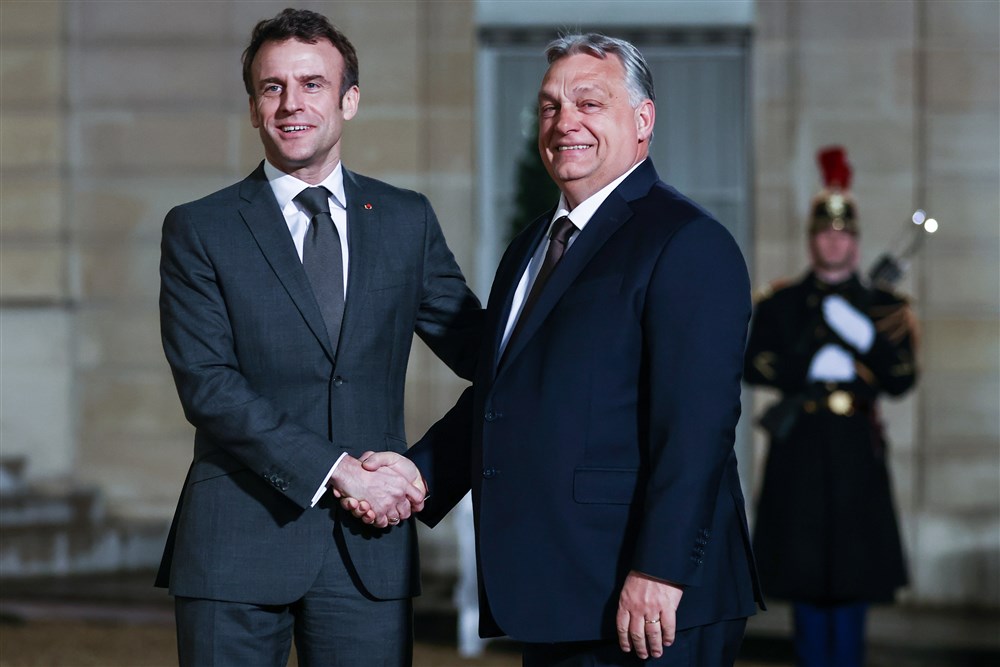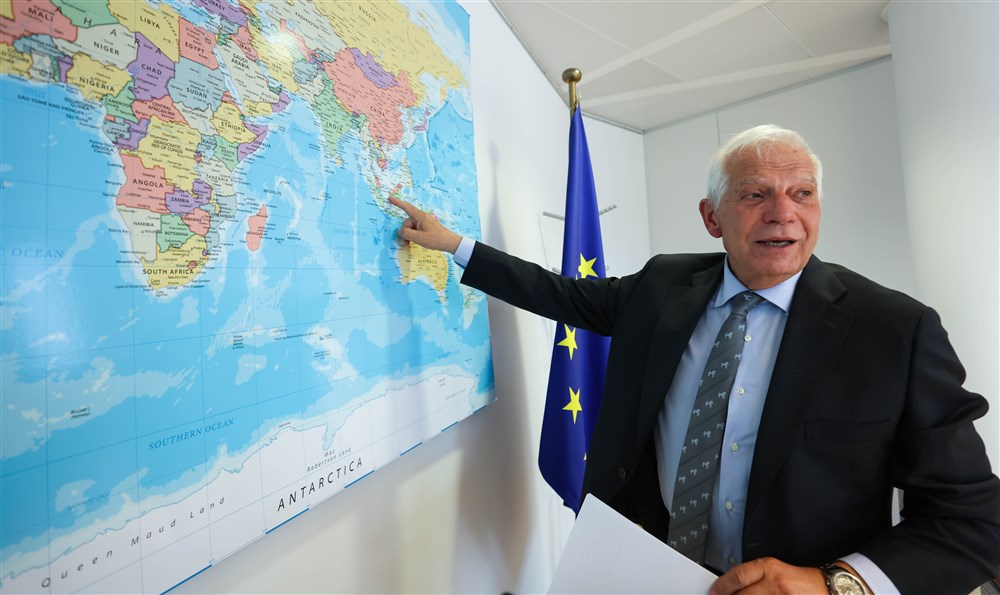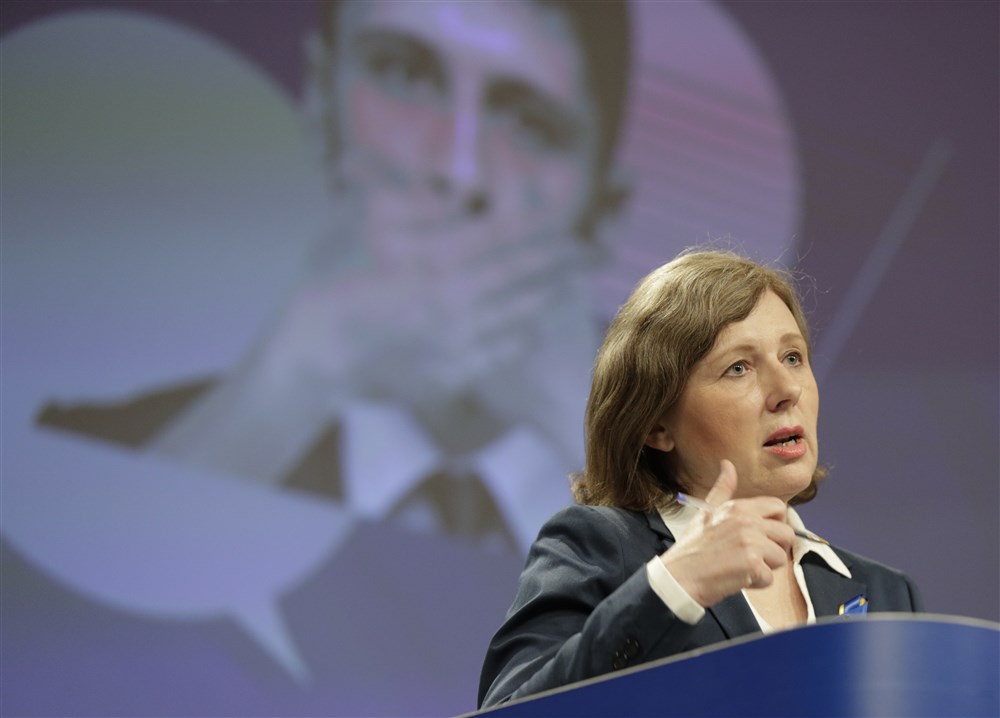The Italian Medicines Agency (Aifa) has given the green light for free birth control pills for women of all ages. The agency is a public institution responsible for regulating pharmaceuticals in Italy, and it estimates the cost of making birth control free to be around around €140 million a year. As Italy’s public debt continues to soar and its birth rate continues to decrease, the decision has been met with scepticism by Italy’s ruling right-wing party.
The agency’s decision contradicts Prime Minister Meloni’s policy priority of countering the country’s rapidly declining birth rate and thereby boosting economic growth. A senator from Fratelli d’Italia, Lavinia Mennuni, said Aifa should focus instead on family support and “take a step back” from such unnecessary decisions. She also said the agency has an “expiring top management” that is making decisions that should be for elected politicians.
The leader of the Family Day, Massimo Gandolfini, said he was “baffled” by the decision because it is “directly opposed to the problem of de-natality [or increasing birth rates],” and uses important resources that “could be allocated instead towards the grave condition of families,” with disabled children that require medication “that is very expensive and not provided by the Italy’s national health service”.
Family Day is an Italian Catholic organisation affiliated to Meloni’s government that claims to “defend our children”, and that opposes gender theory, adoption and marriage for same-sex couples, while protecting families, among other conservative causes.
Italian women will be able to choose from among all birth control pills made available by different pharmaceutical companies without a doctor’s prescription. Only girls under 18 would be required to have a prescription. The service would also be made officially available for asylum-seekers.
Italy continues to avoid enforcing a policy on including sex education in schools, as the current right-wing government fears this could lead to the introduction of more progressive gender policies. Italy’s education minister under Meloni’s government, Giuseppe Valditara, has said sex education could lead to “gender propaganda”. Attempts to compel schools to provide sex education across the country have been made since 1975 by more liberal parties, but have always been met with resistance. In 2021, Stefania Ascari of the populist Five Star Movement (M5S) made another unsuccessful attempt.
The Italian government joins many countries in the European Union in eastern and southern Europe, including Bulgaria, Poland, Romania, Lithuania, Hungary, Slovakia, Croatia and Spain that refrain from educating minors on sex. Attitudes towards sex and sexuality differ across the Union, with many northern European countries adopting a more liberal and permissive attitude. The Italian government has little say over its medical regulatory body.





